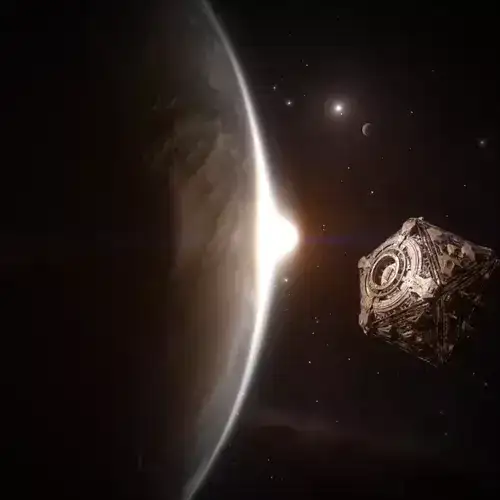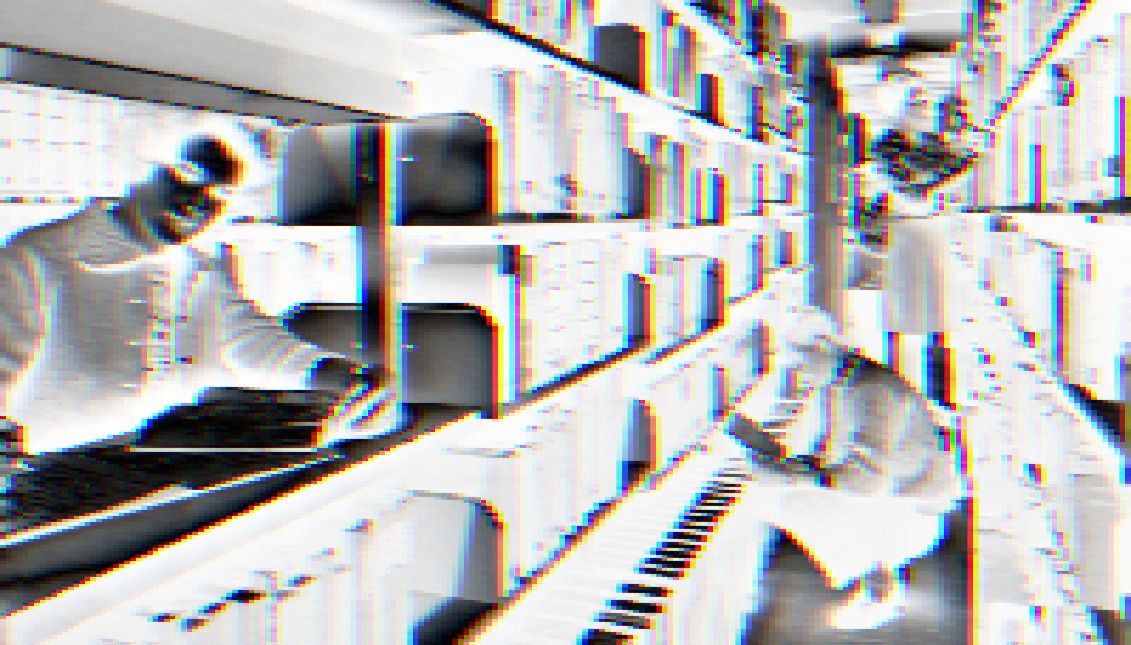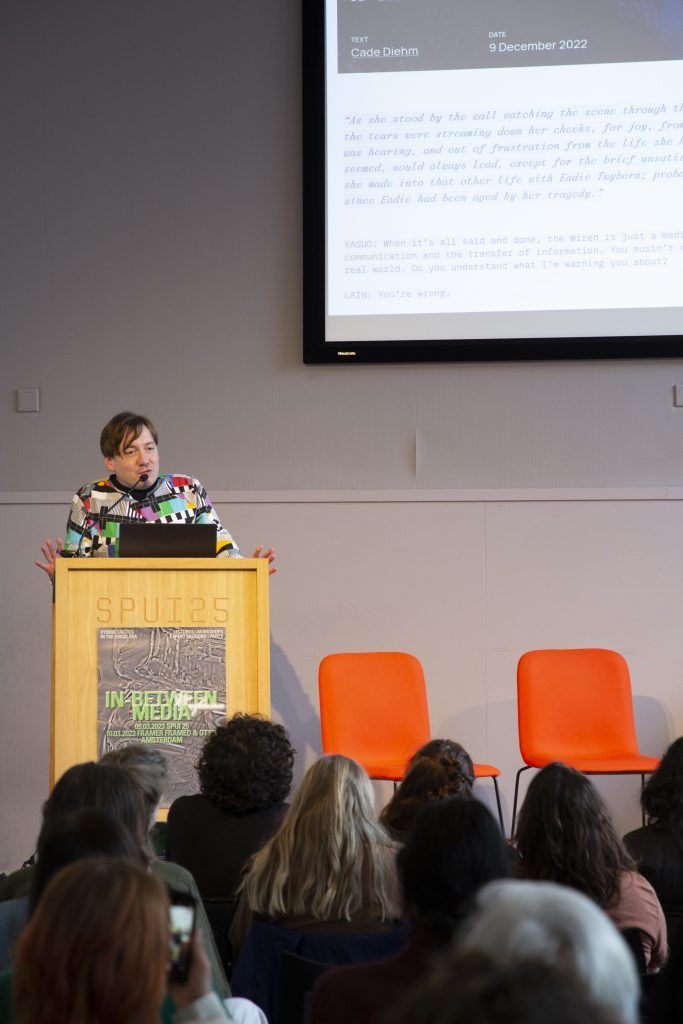
[1] Over the last two years, New Design Congress has focused relentlessly on the ecological accelerant potential of digital infrastructure and the alternative forks that are possible when we re-think our relations to non-humans. In Q1 2022, Bauhaus Earth invited New Design Congress founder Cade Diehm to join a select group of architects, policy-makers, climate scientists, activists and creative thinkers to propose tangible, local examples for reconstructing the built environment for sustainability. The result is a charter for the City and the Earth that calls for the healthy and regenerative re-entanglement of human activity with the Earth’s natural systems, one of many contributions that will help inform the European Green New Deal[2].
About the charter
Toward Re-Entanglement: A Charter for the City and the Earth[4] is a global call to action for the healthy and regenerative re-connection of human activity with the Earth’s natural systems. The history of human-kind has seen the accelerating urbanization of the globe, propagating the relentless extraction of planetary resources. The ecological and social impacts of conventional construction methods have been, are, and will be devastating – only a complete systemic overhaul of the built environment will prevent a global climate catastrophe. By switching to regenerative design and bio-based materials, cities can act as carbon sinks and create equitable development opportunities. This transformation must happen now.
We must take today’s unprecedented crises as an opportunity to redesign our cities – the physical objects that comprise them, and the entire life cycle of urban realms – based on the following principles:
- Invest in nature
- Expand the system boundaries of design and governance and the temporal and spatial scales of our agency
- Enhance rather than deplete biodiversity
- Sink carbon by construction
- Capture natural energy rather than extracting fossil fuels
- Question why we build and what we build with and prioritize the reuse of existing buildings and material
- Build dense and polycentric cities to restore urban community and regional wildlands
- Provide secure and dignified homes for all people to build social equity, economic livelihood, and shared respect for our common resources
- Make public space the essential infrastructure of cities and the site of socio-political discourse and innovation
- Empower rural communities
- Welcome new urban citizens
- Redefine beauty by building with love and compassion for humans and non-humans alike
In recognition of the dire threat of climate collapse and global mass extinction, the signatories commit to the systemic transformation of buildings and cities to re-balance nature’s health.
The Charter for the City and the Earth was initiated by Bauhaus Earth and authored by seventeen scientists, architects, spatial planners, and policy makers from around the world. It was be launched on the occasion of Bauhaus Earth’s Reconstructing the Future Conference at the Pontifical Academy of Sciences, Vatican/Rome, in June 2022.
Our research in context
The charter represents the first step in a larger set of initiatives to reconstruct the built environment for resilience, and de-centre human interest as the primary use of space. Our contribution draws from three core perspectives that have emerged from our research:
-
In order to meet its non-negotiable obligations to the climate and social justice[6], digitisation of the built environment must be considered not a service, but a material, similar to concrete or steel. We see digital systems in our cities as ephemeral[7] because their services and interactions are mostly invisible, but the digital revolution depends on an exponential collection of computers, wires and purpose built devices, a brittle network furnished by a bloody and unsustainable global supply chain whose carbon footprint, environmental impact and human cost dwarf all other materials of the built environment.
-
The Cartesian belief that drives the denial of non-homosapien rationality, community and feeling culminates in a deliberate dismissal of the polyphonic world around us. In denying the same intellectual and emotional affordances we grant ourselves to our planetary cohabitants, most of what we know about the lived experiences of non-humans is wrong. While we violently reappropriate habitats, those under siege mourn, fight back and teach each other to survive, all universally recognisable forms of resistance and solidarity[8]. While we search for beings with qualities such as autonomy, empathy and intelligence in space and attempt to build them ourselves, the beyond-human living world is a vibrant social infrastructure network coping with our ignorance[9]. In the shadow of the climate crisis, the acknowledgement of non human intelligence and expertise to be engaged and negotiated with has profound consequences on policy, governance and digitisation
-
Embedded in the popular internet are systems of economic solidarity, driven by shared mutual interests that share a common ability to reshape exploitative digital infrastructure and build new ones to provide community-wide financial stability[10]. Widening inequality and the exploitive status quo digital economy has revealed these economic networks, and the global experience of the pandemic allows them to be compared against each other. Where governmental policy lacks direction, these economic networks offer real, tangible examples of what a post-pandemic world could look like beyond the fantasies of NFTs or promises made by big tech.
Bauhaus Earth is a nonprofit organization, based in Berlin and Potsdam, dedicated to the transformation of the construction sector and building policies into creative forces for environmental preservation and systemic regeneration. ↩︎
The European Green New Deal
“Striving to be the first climate-neutral continent” ↩︎The hero image of the Reconstructing the Future conference, 9-10 June 2022, Vatican City ↩︎
Toward Re-Entanglement: A Charter for the City and the Earth
Convened in Rome, 8 June 2022
Bauhaus Earth et al. ↩︎The attendees of the Reconstructing the Future conference in Vatican City, 9 June 2022. Photo credit: Gabriella Clare Marino/PAS ↩︎
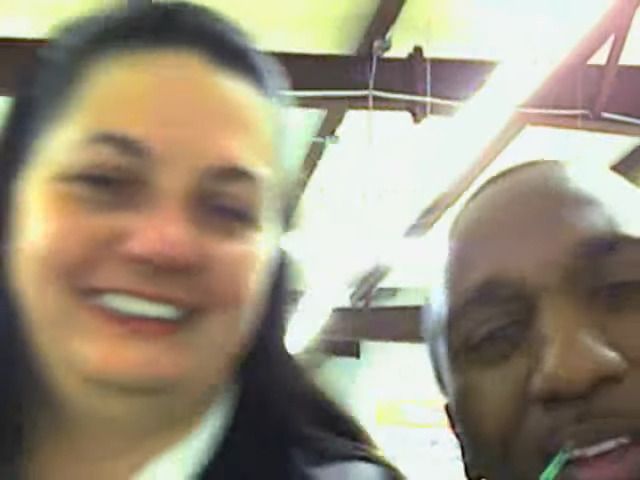 Design Ethics? No Thanks!
Design Ethics? No Thanks!
October 2019 ↩︎
↩︎ Digital Resilience & War in Ukraine
Digital Resilience & War in Ukraine
8 March 2022 The Treaty of Finsbury Park 2025
2022-present ↩︎
↩︎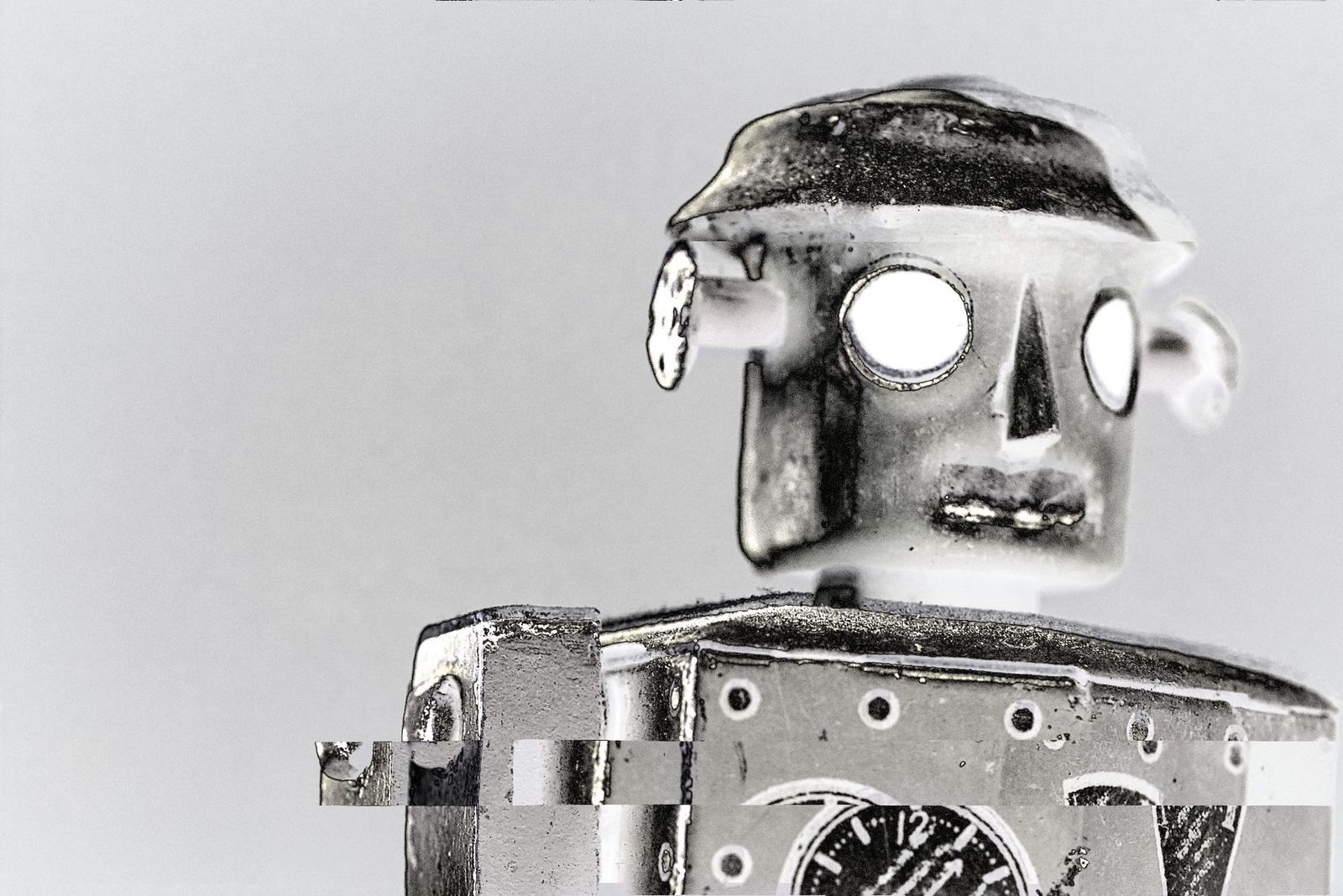 Rare-Earth Ceasarism
Rare-Earth Ceasarism
8 December 2022 The Para-Real: Finding the future in unexpected places
↩︎Ongoing A selection of the authors of the Toward Re-Entanglement charter at MAXII, Rome, 8 June 2022 ↩︎




